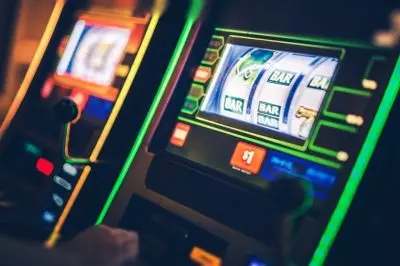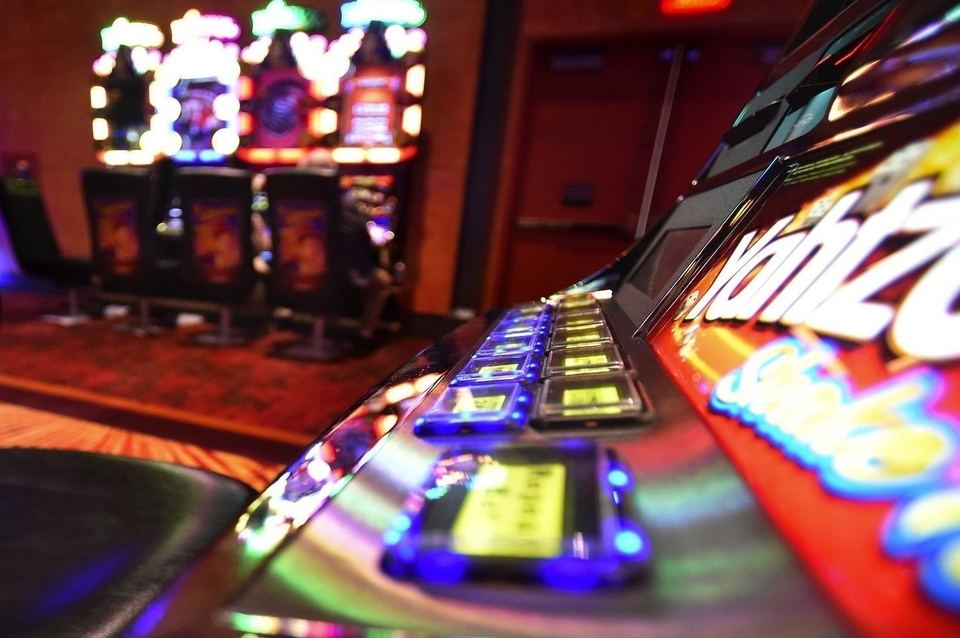 The legal action that has been ongoing in the Commonwealth Court since June 2018 has now taken a turn that would bring the case before the high court.
The legal action that has been ongoing in the Commonwealth Court since June 2018 has now taken a turn that would bring the case before the high court.
Reportedly, the legality of gaming devices manufactured by Georgia-based company Pace-O-Matic (POM) is set to be taken into consideration by the Supreme Court of Pennsylvania. As a result of the discontinuation of the legal action by Pace-O-Matic, an appeal became possible, so the case is now set to address some open questions regarding the way of interaction between Pennsylvania’s Crimes Code and the Gaming Act.
A group of six casino operators represented by Lamb McErlane was the party that filed an appeal over the past month, joining the Department of Revenue (DOR) and the Pennsylvania Gaming Control Board (PGCB) that turned to the state’s high court to address the issue. Joel Frank, the Managing Partner and Executive Committee Chairman of Lamb McErlane, has shared how content he was that the matter had gotten to the highest court in Pennsylvania.
A number of disputes involving discovery, legal representation changes, and motions to intervene delayed the case in the period from the 2019 ruling and the recent discontinuance. Mr. Frank noted that the aforementioned discontinuance provided the parties with the chance to appeal. For the time being, he has been unsure about the motivation of the Pace-O-Matic for discontinuing the legal action.
Legality of POM Games Remain the Centerpiece of Ongoing Legal Action
 According to a statement that Matthew Haverstick, a Kleinbard law firm’s partner, made in October 2022, the courts have determined that the games distributed by Pace-O-Matic are legal. For now, there has been no instance of a court having categorized a POM game as an illegal gambling device.
According to a statement that Matthew Haverstick, a Kleinbard law firm’s partner, made in October 2022, the courts have determined that the games distributed by Pace-O-Matic are legal. For now, there has been no instance of a court having categorized a POM game as an illegal gambling device.
The legal dispute was initiated by Pace-O-Matic through a 2018 petition for review that sought the Commonwealth Court to declare that the company’s games were legal under the provisions of the state gambling law. The Pennsylvania Department of Revenue (DOR), on the other hand, sought a declaration that the games distributed by the company constituted illegal slot machines that are currently subject to regulation under the provisions of the Pennsylvania Race Horse Development and Gaming Act.
In its opinion announced in 2019, the Commonwealth Court determined that the slot machines designed and offered by Pace-O-Matic were not subject to the Gaming Act because the piece of legislation governed only licensed gambling devices in the state. However, the Commonwealth Court’s ruling did not determine whether the aforementioned devices were legal or not under the state’s Crimes Code. After the ruling was announced, Pennsylvania Gaming Control Board and the local casinos sought to intervene in the legal action.
So far, the gaming machines offered by Pace-O-Matic have faced widespread opposition from various bodies and agencies, including the City of Philadelphia, the Bureau of Liquor Control Enforcement, and the Pennsylvania State Police. All of them claim that the company creates unlawful gambling devices. The parties that have been appealing the court’s ruling each presented slightly different questions to Pennsylvania’s high court, but most of them still center on whether the state’s gambling legislation regulates unlicensed slot machines and whether the Gaming Act superseded the regulation of slot machines in the state’s Crimes Code.